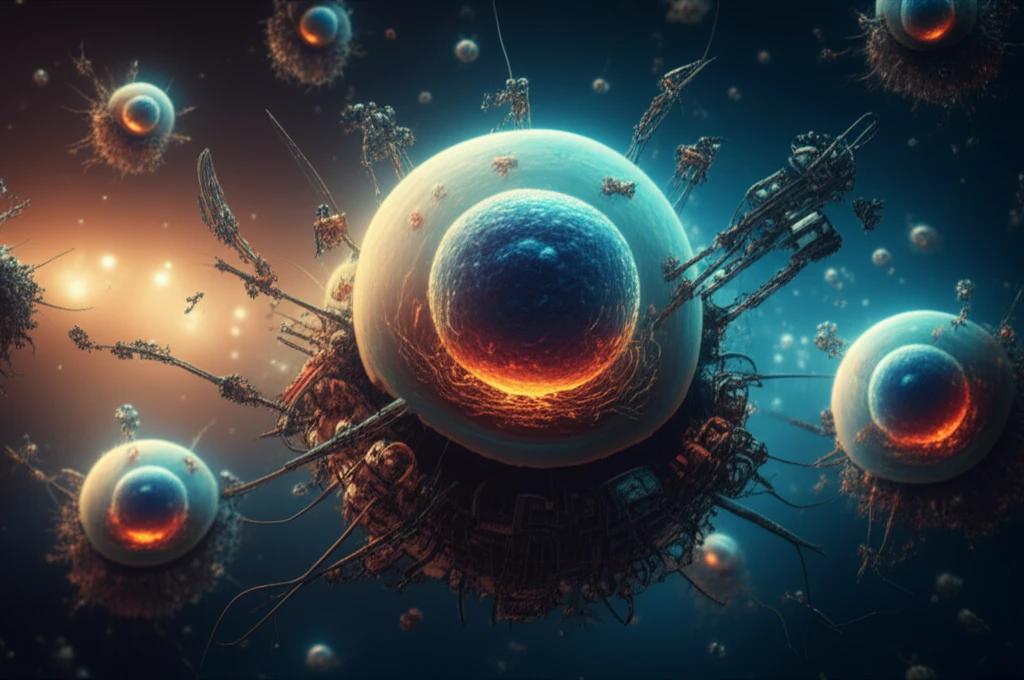
Nanotechnology: The Tiny Revolution Transforming Our World
"Explore the limitless potential of nanotechnology and its groundbreaking applications across medicine, energy, and environmental science."
In today's fast-paced world, technology is constantly evolving, and nanotechnology stands out as a particularly transformative field. Nanotechnology, the manipulation of matter at the atomic and molecular level, offers unprecedented control over the properties of materials. This capability is driving innovation across various sectors, promising solutions to some of the world's most pressing challenges.
The term "nanotechnology" was coined in 1971 by Professor Norio Taniguchi at the University of Tokyo. To put it in perspective, a nanometer is one billionth of a meter—about one hundred thousand times smaller than the diameter of a human hair. At this scale, materials exhibit unique physical, chemical, and biological properties, opening doors to new possibilities in medicine, energy, and environmental protection.
This article explores the vast potential of nanotechnology, examining its applications in healthcare, energy, and environmental science. We'll delve into how nanotechnology is revolutionizing these fields, offering new tools and techniques to improve our lives and protect our planet. Prepare to discover how this tiny technology is making a big impact on our world.
How Nanotechnology is Revolutionizing Medicine

Nanotechnology is transforming healthcare with innovative approaches to disease diagnosis, treatment, and prevention. The ability to manipulate materials at the nanoscale allows for the development of targeted drug delivery systems, more sensitive diagnostic tools, and regenerative therapies.
- Enhanced Diagnostics: Nanoparticles are used to develop highly sensitive diagnostic tools that can detect diseases at an early stage.
- Regenerative Medicine: Nanomaterials can provide scaffolds for tissue regeneration, helping to repair damaged organs and tissues.
- Personalized Medicine: Nanotechnology enables the development of personalized treatments tailored to an individual's genetic makeup.
The Future of Nanotechnology
Nanotechnology is poised to continue its transformative journey, driving innovation and offering solutions to global challenges. As research advances and new applications emerge, we can expect to see even greater impacts on medicine, energy, and environmental sustainability. The future of nanotechnology is bright, promising a world where science and technology work together to create a better future for all.
